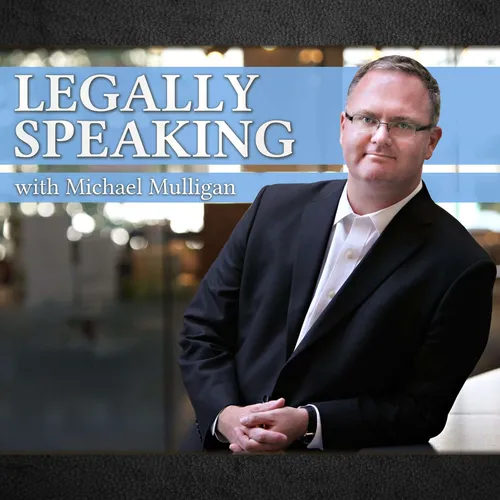Court of Appeal is now back thanks to Zoom and instilling fear of COVID-19 from other parent not in best interests of a child
- Author
- Michael Mulligan
- Published
- Thu 23 Apr 2020
- Episode Link
- None
The BC Court of Appeal will be back operating at full capacity thanks to Zoom.
After several weeks of dealing only with urgent matters, the BC Court of Appeal has announced that all oral hearings will proceed using Zoom. All material will be filed electronically. A desire to have an oral argument in person, rather than by Zoom, will not be a reason for an adjournment.
The Court of Appeal is able to make this change more easily than trial courts can because it does not hear from live witnesses and does not need to manage things like juries.
The Supreme Court of Canada has, for many years, both permitted lawyers to appear by video connection, and has video-recorded its hearing. Video recordings of hearing are posted on the court's web site.
While the constitutional requirement for public trials in criminal cases doesn’t apply to appeals, it would make sense to utilize the recording function in Zoom, and for the Court of Appeal to post the recordings of oral arguments in the same way that the Supreme Court of Canada does.
Also discussed on the show is a bail review decision, which resulted in a man who had been held in jail to await a series of fisheries offences being released.
The man was charged with various Fisheries Act offences including unlawfully possessing crabs, fishing without authorization, and being on board a fishing vessel when he was not allowed to be. He was originally detained, at the beginning of March, because he had been convicted of similar offences on 11 previous occasions.
Since the original order for detention, COVID-19 has made it completely uncertain how long it will take for the case to get to trial. As a result, the man could end up spending more time in jail waiting for his trial, than the sentence he would receive if he ever is convicted.
Accordingly, the judge ordered that the man be released, on house arrest conditions, until his trial. He will be required to reside with his mother, who will be acting as a surety.
Finally, a Family Law Act decision makes clear that a generalized concern about COVID-19 is not a reason to withhold a child from exercising access to a child pursuant to a court order.
The fact pattern of the case included a mother that did not want to return a child to a father because the father’s mother performs elder case in a care home, and lives with the father.
The court also made clear that parents who attempt to create fear in the mind of a child by suggesting the child is at risk by being in the care of the other parent, without any objective justification for doing so are not acting in the child’s best interests. Such parents who take this approach risk jeopardizing their own position for maintaining whatever parental responsibilities they enjoy.
Follow this link for a transcript fo the show and links to the cases discussed.
